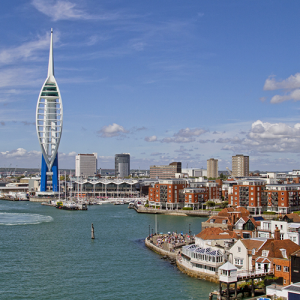21 September 2010
Establishing the Office for Budget Responsibility was a ‘risky’ move, MPs said today, and its reputation will stand or fall on its independence from the Treasury.
A report by the Commons Treasury select committee into the role of the independent fiscal forecasting body says its creation by the chancellor was ‘a bold step, which is not without risks’. For the OBR to succeed in boosting the credibility of public finance projections, it must be judged as totally independent from government, and not solely reliant on the reputation of its leader, it says.
An interim OBR, headed by the well respected economist Sir Alan Budd, was established immediately after the election to prepare forecasts for the June emergency Budget. Robert Chote, director of the esteemed Institute for Fiscal Studies, was last week appointed chair of the permanent body, which will be put on primary legislative footing later this year. He will work with the two other members of the Budget Responsibility Committee, which leads the OBR.
The body’s independence was called into question earlier in the summer when it appeared to hold back publishing sensitive information about public sector job losses.
Chancellor George Osborne has already agreed to give ‘doublelock' powers to the Treasury select committee to appoint and dismiss the chair of the OBR to protect against political interference. In today’s report the cross-party MPs call for such authority to be extended to the appointment and dismissal of the two other members of the Budget Responsibility Committee.
Andrew Tyrie, chair of the Treasury select committee, said: ‘If it is to be successful, the OBR will provide clear, impartial forecasts and commentary which will improve public debate. It will avoid being drawn into political controversy, even though the material it provides will inevitably be used by others in political debate.’
The Conservative MP also warned: ‘We will intervene if we believe the OBR’s independence is threatened. We expect members of the Budget responsibility committee, or the non-executive directors, to report any concerns they have to us. In particular, we would expect to be told immediately about a threat, or appearance of a threat, to the OBR’s independence.’
The report recommends that the permanent OBR is established as a non-ministerial department, similar to the Statistics Authority. Making it a non-departmental body, or quango, would link it too closely to the Treasury, the MPs warned. Whatever arrangements are put in place should be subject to a comprehensive review within five years and future governments should not be required to use its forecasts.
At his appointment hearing last week Chote vowed that the OBR would be independent under his direction, but acknowledged that his reports would inevitably be subject to much debate. He takes up the post next month.



















